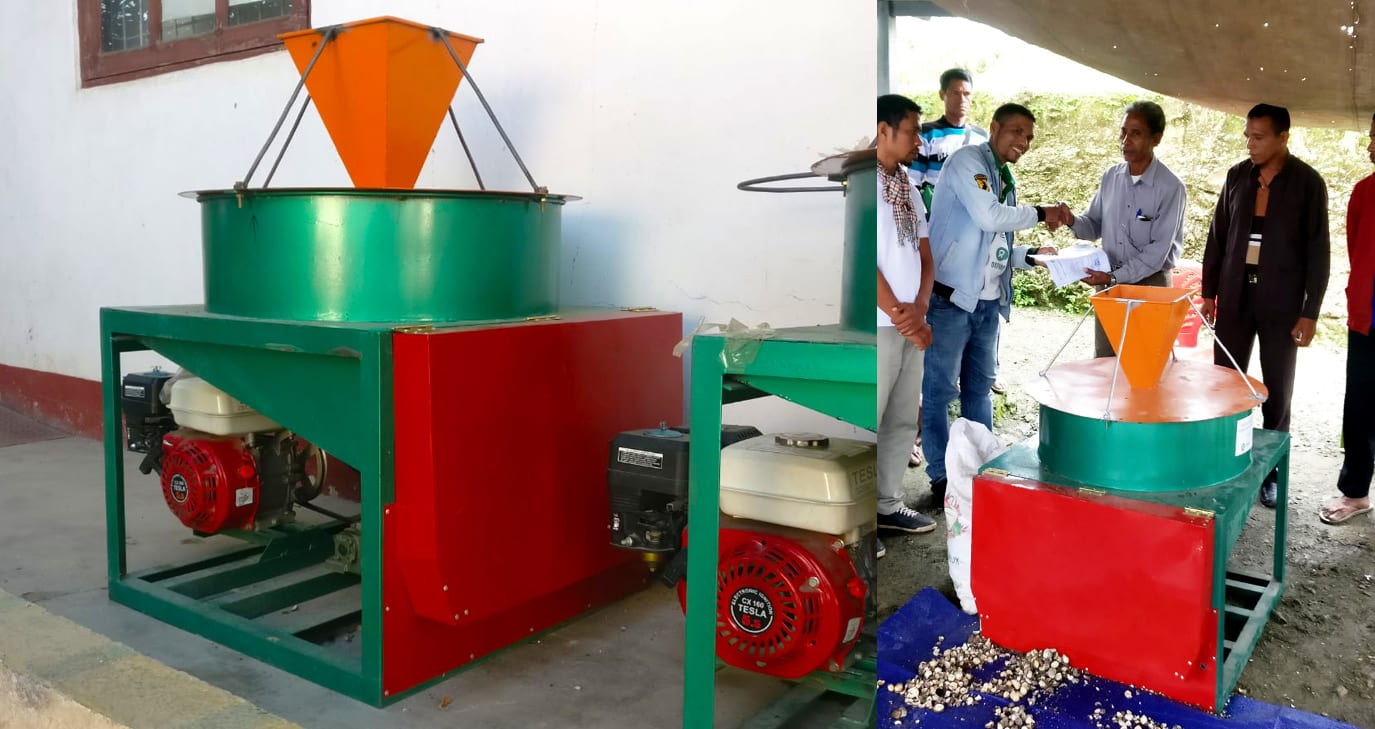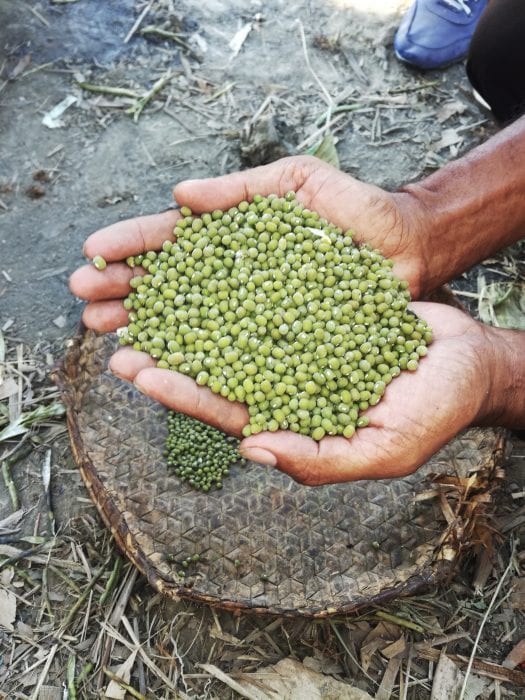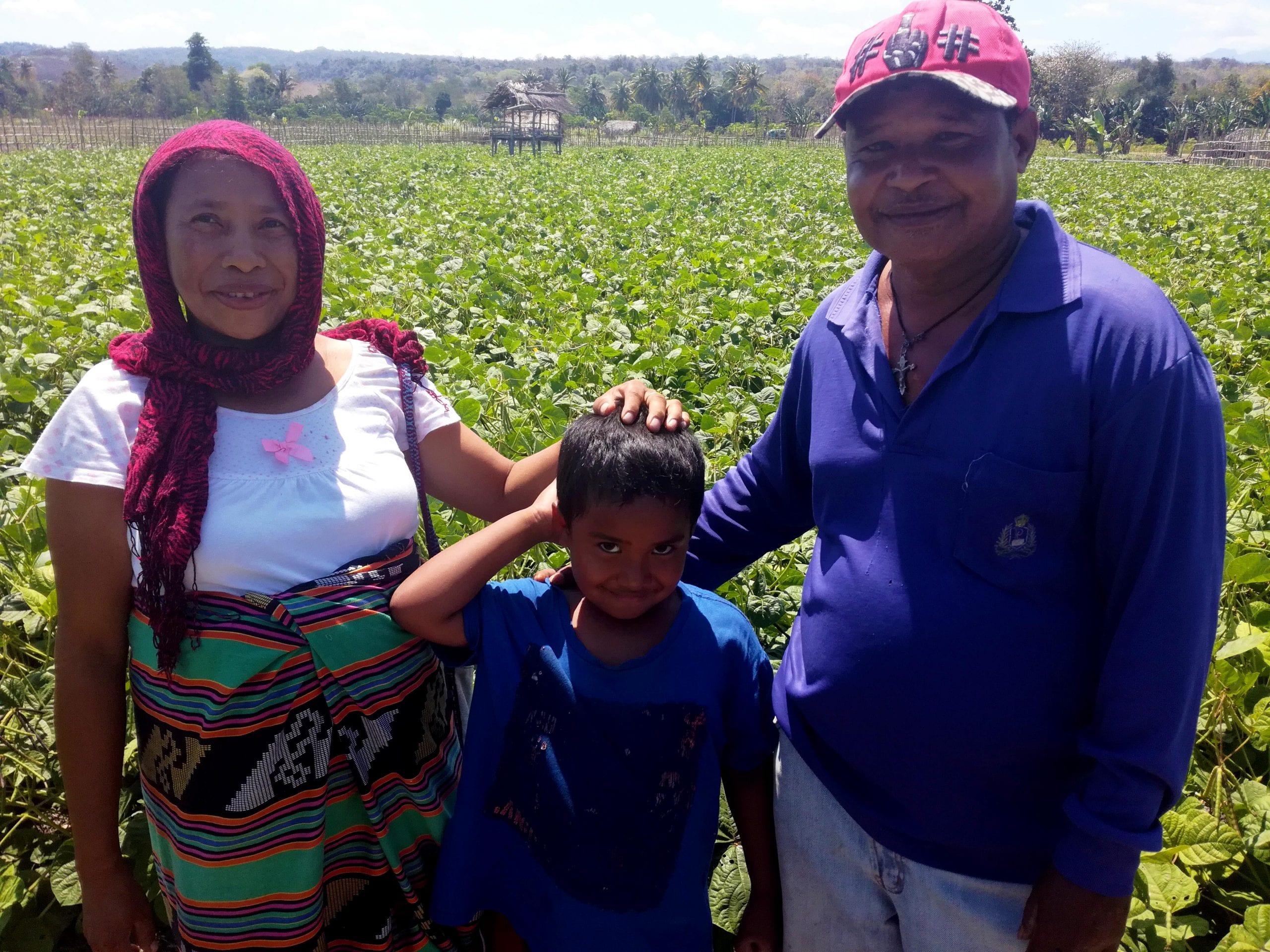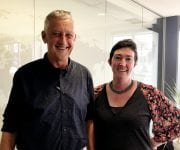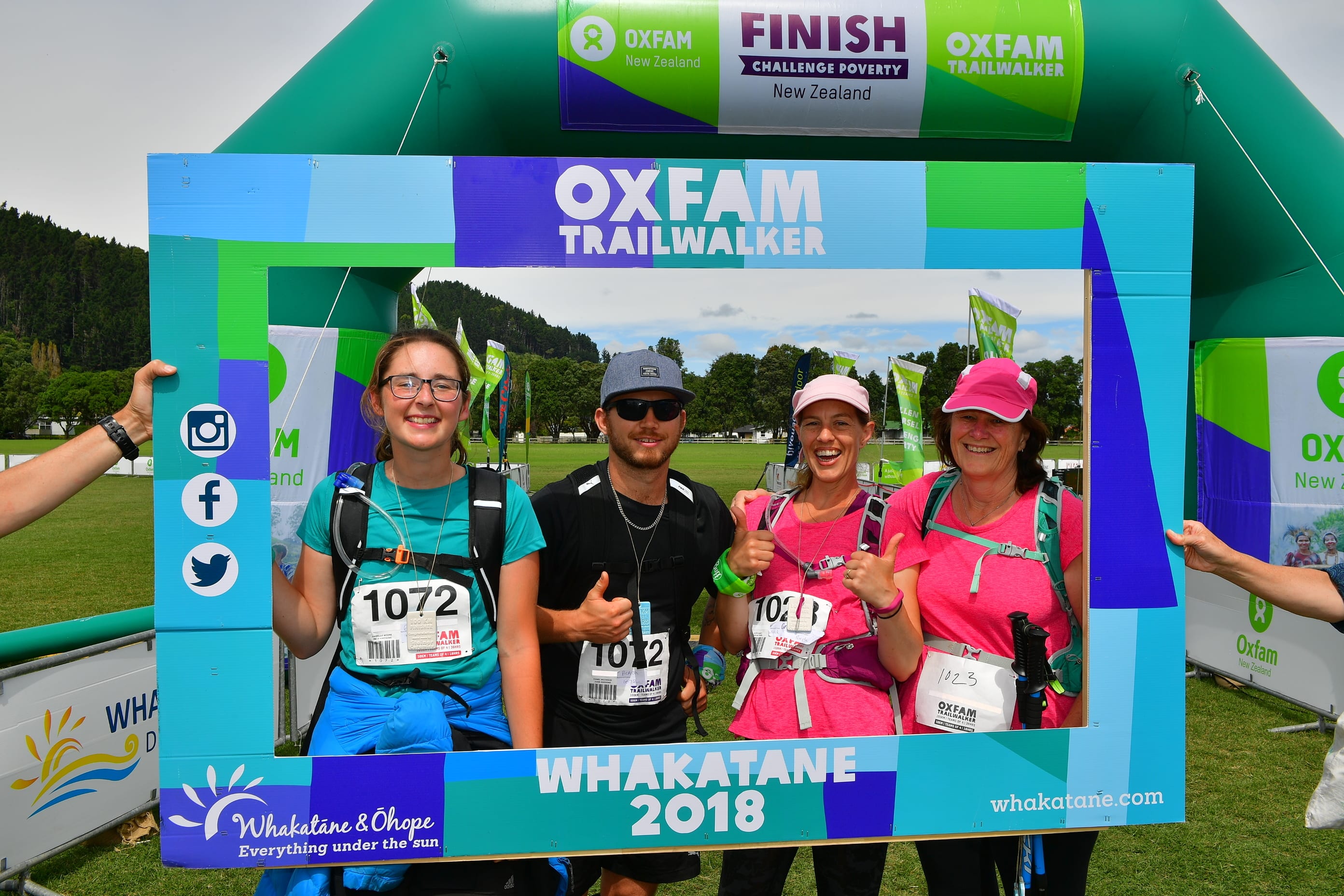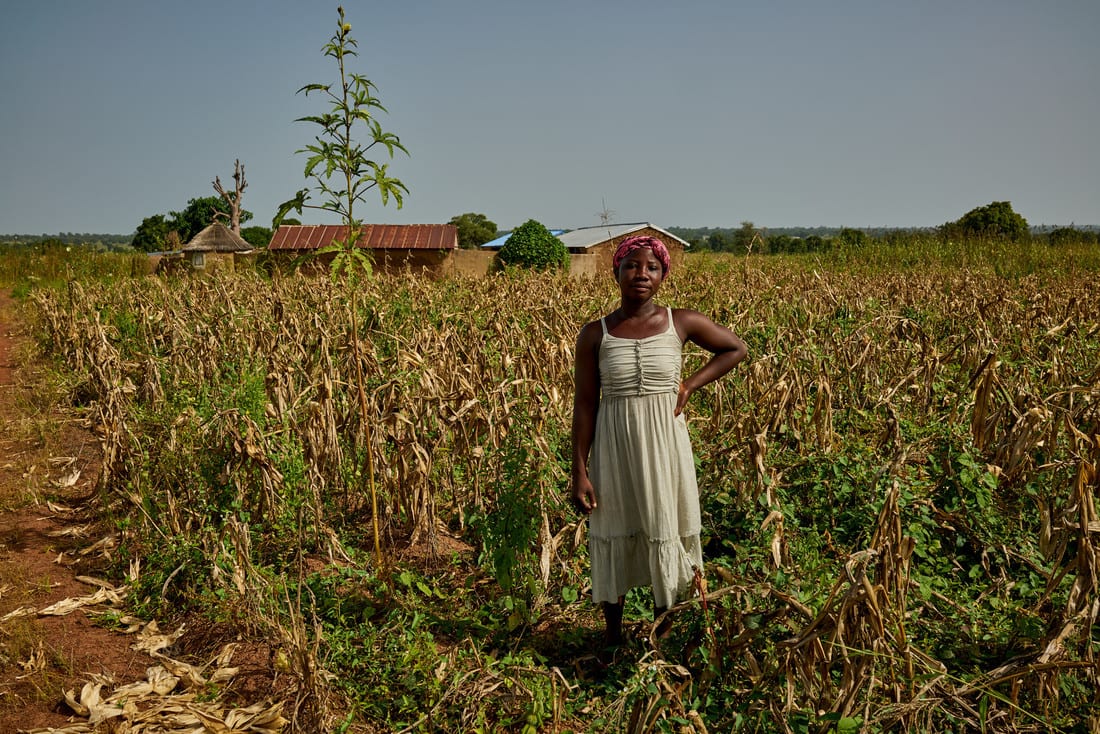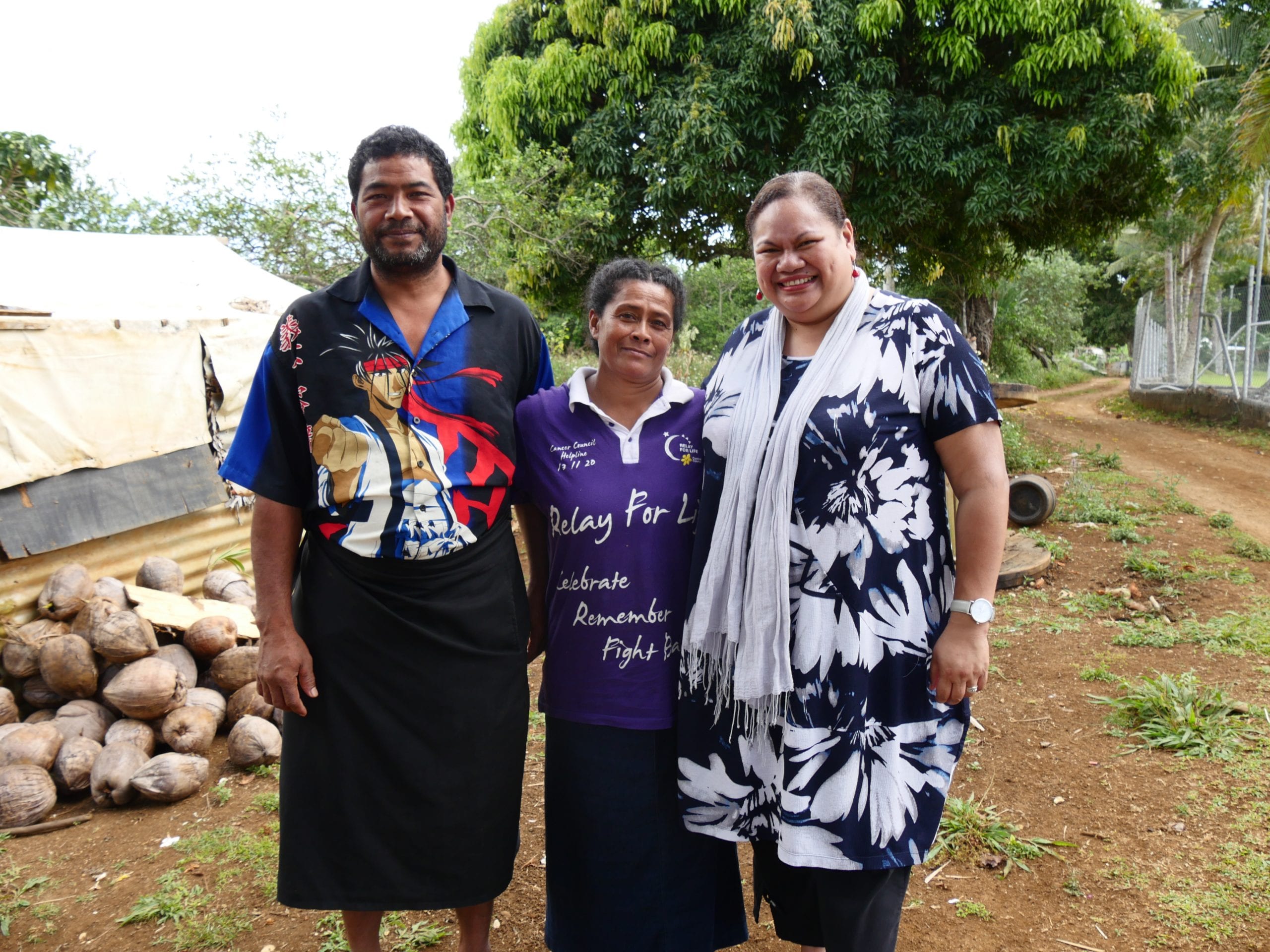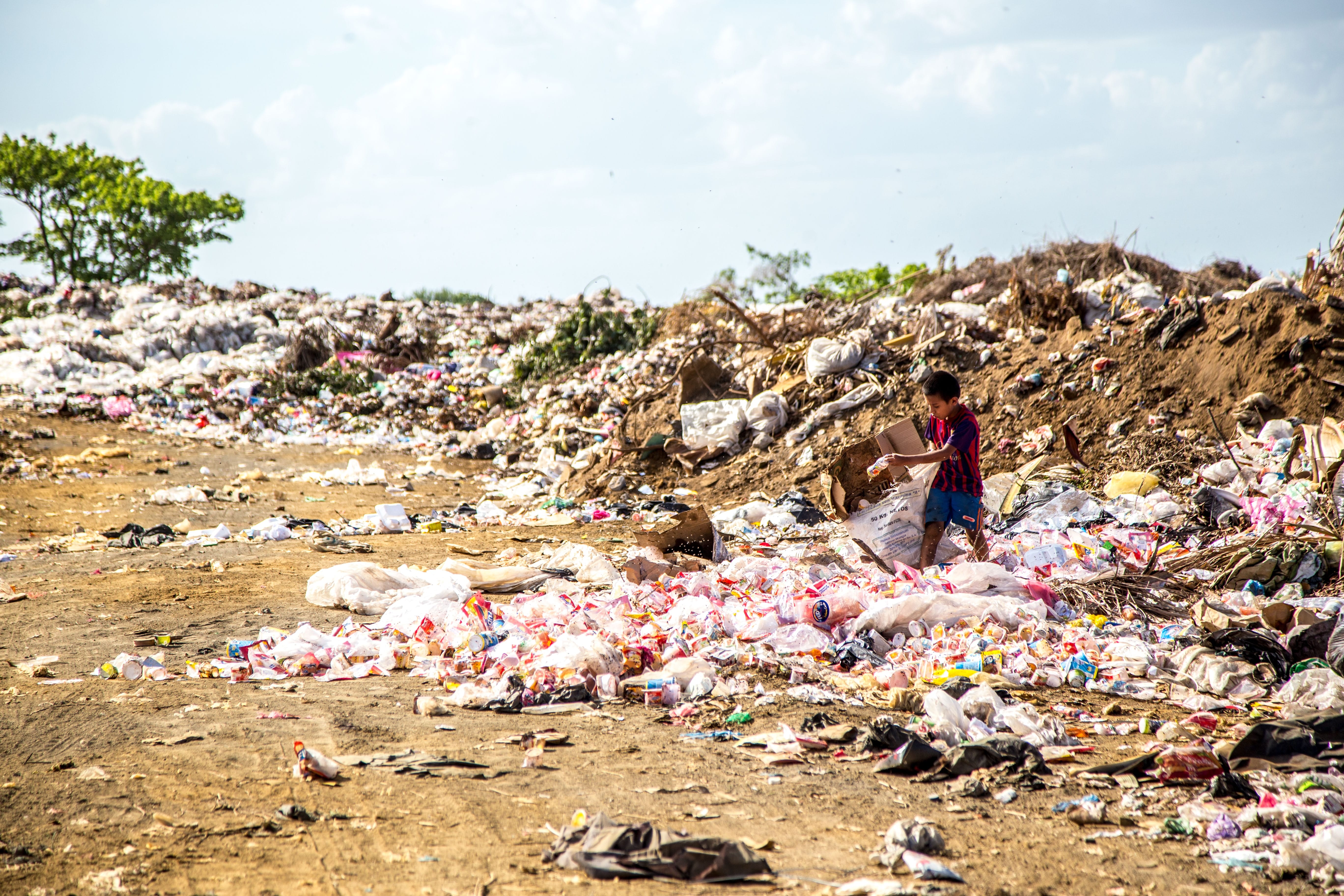Locust infestations have just hit two new districts in northern Uganda as they continue to plague Kenya, Ethiopia and Somalia, and threaten Sudan and South Sudan. There are also reports of the swarms now in Tanzania.
“Everyone is in panic and trying to make noise to drive the locusts away, says Oxfam’s Ethiopia Country Director Gezahegn Gebrehana.
This is the worst locust crisis in 70 years for Kenya alone. Locust breeding is continuing with more juvenile insects developing now, so the swarms could still get bigger, more widespread and last until June if not brought more quickly under control. There are already 22.8m people living in acute to severe food insecurity in those six countries following consecutive failed rainy seasons, unusual floods and storms.
The fast-moving locust swarms have been made worse by climate change because they have been encouraged to feed on newly “greened” vegetation, the result of unusual weather patterns. They are devastating pastures and grasslands and could ruin new food crops from the March-to-July growing season.
“We depend on livestock and if there is no fodder for our livestock, life will be difficult for us, we ask for help urgently,” said Mohammed Hassan Abdille, a farmer from Bura Dhima in Tana River, Kenya.
Oxfam is gearing up its humanitarian operations and will work closely with local partners and communities. It will aim to reach over 190,000 of the most vulnerable people with cash assistance, livestock feed, seeds and health services.
In Somalia, together with our partners, it aims to reach 11,670 households of the most vulnerable people. In Kenya, Oxfam will work inside the Arid and Semi-Arid Land (ASAL) Humanitarian Platform that has members in seven of the 13 affected counties and aims to assist 3000 households in the first phase of operations, and another 5,000 in the second. In Ethiopia, Oxfam aims to reach another 5,000 households with similar aid.
Oxfam will need to secure more than $5m to mount this response. Oxfam teams in South Sudan and Sudan are also preparing against the likelihood of new infestations there.
Oxfam says that lessons from the last local plague in the Sahel in 2003-5 showed that a two-pronged attack was vital, to control the pests as well as work to do everything possible to protect local people’s livelihoods and restore them as quickly as possible.
Oxfam continues to urge international donors to fully fund the FAO’s $76m appeal as soon as possible. The current total stands at around $18m. “This is the time for decisive action,” said Gebrehana.
Notes to editors:
- Nearly 22.8 million people are severely food insecure (IPC 3 and above) as follows : in Ethiopia (6.7 million people), Kenya (3.1 million), Somalia (2.1 million), South Sudan (4.5 million), Sudan (5.8 million) and Uganda (600,000).
- Given the scale of the current swarms, aerial control is the only effective means to reduce the locust numbers. In Ethiopia, ground teams and four aircraft are conducting control operations against swarms – nearly 8,000 hectares were treated in the first two weeks of January 2020. In Kenya, four aircraft are currently spraying, but operations have been limited due to available capacity or collective experience – Kenya last faced a Desert Locust invasion in 2007”
- The outbreak, which has primarily been driven by the recent climatic shocks in the region, comes after Oxfam warned of a potential outbreak in Uganda end of last month.
- The swarms which could grow 500 times bigger by June are devastating pasture and food supplies across parts of Ethiopia and Kenya and could also put South Sudan, Eritrea and Djibouti at risk, making it the worst of such situation in 25 years.
- In Kenya, the locust swarms have increased significantly over the past month in across 13 counties including Isiolo, Samburu, Wajir, Garissa, Tana River, Marsabit, Laikipia, Mandera, Kitui, Baringo, Meru, Embu and Turkana





